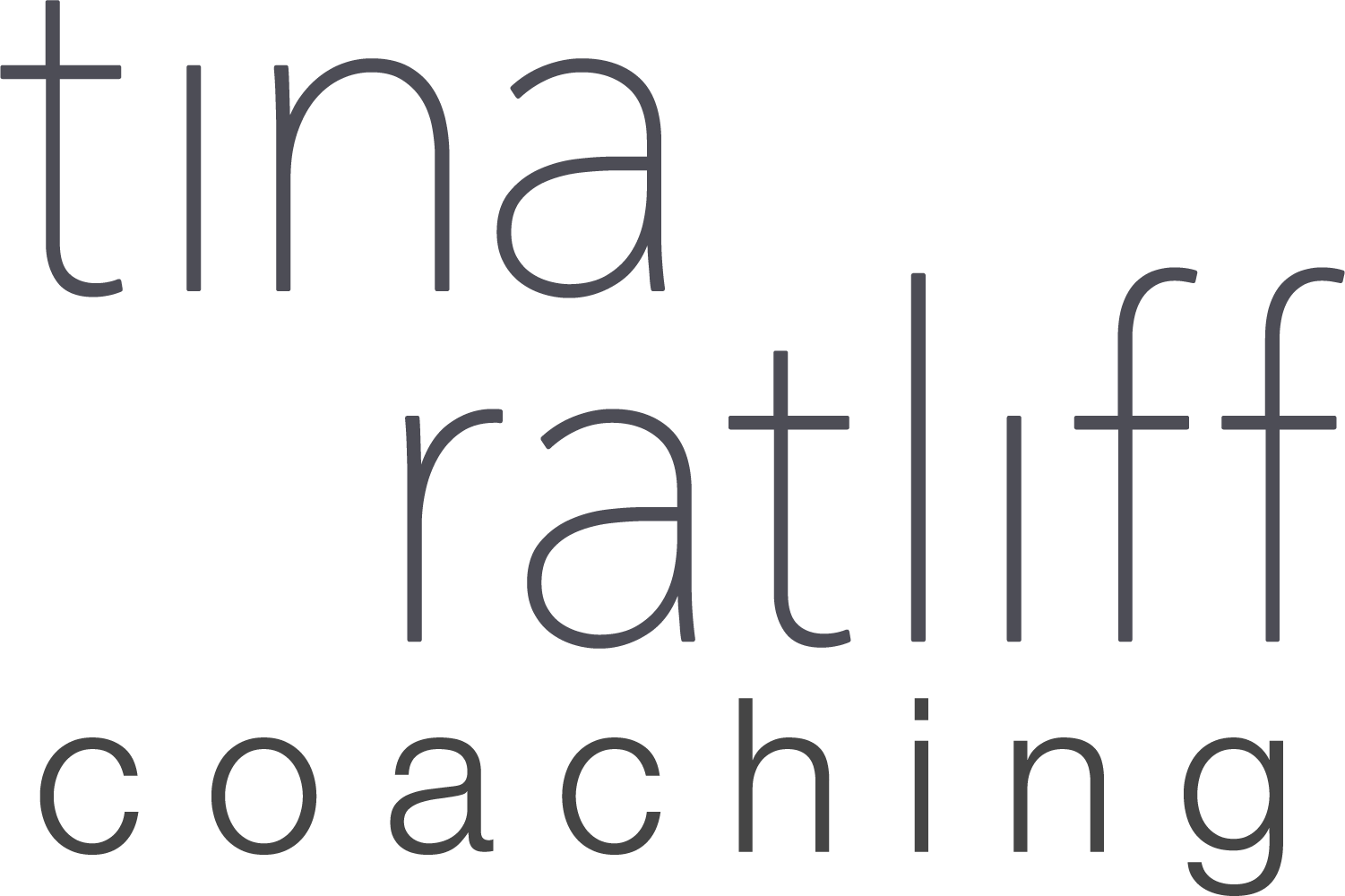The Work of Forgiveness
Forgiveness is the act of canceling a debt that was owed to you. It’s choosing to release someone from what they “owe,” allowing the cost to fall on you. It sounds so simple — and yet, few things stretch our hearts quite like this.
Forgiveness doesn’t mean what happened was okay. It doesn’t minimize or erase the hurt. Anger, grief, or sadness is actually a necessary first step toward being able to forgive. It simply means we’ve decided to stop carrying it. We stop holding the offense, not to excuse the other person, but to reclaim our own peace.
Unforgiveness hooks you into the hurt — and into the person who hurt you.
Forgiveness unhooks you.
When you don’t lean into the work of forgiving someone for how they have hurt a precious piece of your heart, the other person still owns a part of you.
Have you ever noticed how the people you’re frustrated with start filling up your thoughts — living like constant, annoying static in your brain? They may show up in your dreams, your moods, your reactions to people or situations. They can even shape what you avoid. Have you ever skipped an event just because that person would be there? Unforgiveness, or hosting resentment, gives these people far too much power in our lives.
And I really don’t want this for me or for you — because living our lives to their fullest capacity is not only why we are here, but it’s what makes life meaningful.
Living in your imago Dei — letting your light shine, doing that thing you do better than anyone else — that’s what makes the world a more beautiful place. Staying hooked into the other person with resentment distracts you from that goodness and steals it away from creating beauty in your corner of the world.
Forgiveness is how we get back into the driver’s seat of our lives. It’s how we stop letting the person who hurt us steer our life from the back seat of our memories.
Forgiveness doesn’t say, “No worries. It’s fine.” Rather, it says, “This person hurt me. And they don’t owe me anymore. And now I am going to move forward by taking responsibility for my life now.”
Sometimes part of the process of forgiveness means having a conversation with that person. But oftentimes, it doesn’t involve the other person at all. It’s something you are doing in you and for you. Forgiveness is for the purpose of unhooking you from resentment so you can move forward lighter, freer, and whole again.
This month’s group topic was forgiveness — and I was tempted to skip it, because it is a weighty topic indeed. It is profoundly complicated, deeply theological, and its impact is woven through history and current politics. Forgiveness — or unforgiveness and resentment — has at times intertwined its wily self through my own life in both big and small ways. Sometimes I have had to work hard at it. Sometimes I’ve looked up and realized I had already forgiven. Sometimes fresh waves of the old hurt pop up, and I have to revisit my heart to find forgiveness anew.
Although complicated indeed, it is also surprisingly simple. And it is such a necessary, life-freeing practice — one we can learn and grow in like any other skill. When we begin by untangling the resentment of the smaller things, we build the muscle to handle the bigger hurts that come along. And come along, they do.
In both of my groups, each member walked through a series of steps to be free from being hooked into the person who hurt them. We did this in the context of relationship, because healing from hurt and walking through forgiveness works best with a witness — someone who can climb into the well with you, offering comfort and understanding about the hurt you’ve experienced. Speaking words of forgiveness aloud in this kind of structured, contained, and safe space changes the wiring in the brain and frees one’s heart. It releases resentments. It opens the possibility to wish the other person well — and at the same time rest in knowing that God sees you in your pain, and God’s got it (and them) from here.
To sum it up, forgiveness is for YOU. YOU are the one who becomes unhooked.
Some of the books I read on this topic are:
-
When Bad Things Happen to Good People — Kushner (A grand wrestling with this topic from a good man who had a lot of hard happen.)
-
The Art of Forgiving or Forgive and Forget — Smedes (Both of his books have practical steps and real stories of forgiveness.)
-
It’s Not My Fault — Cloud & Townsend (What to do after a betrayal. We don’t forgive and truly forget — we need to remember for the sake of protecting ourselves. This book helps navigate complicated situations. I recommend it often to my clients and friends.)
-
Forgive — Timothy Keller (An in-depth theological and historical view. He talks about how the concept of forgiveness originated in Christianity and how it is the only solution that brings healing and redeems relationships.)
Here are a few reflection questions for you until next time…
-
Is there someone who’s still “driving” your inner world a little bit? How is it showing up for you?
-
What might begin to be freed up in you if you slowly, gently, lean into forgiveness?
~Tina

